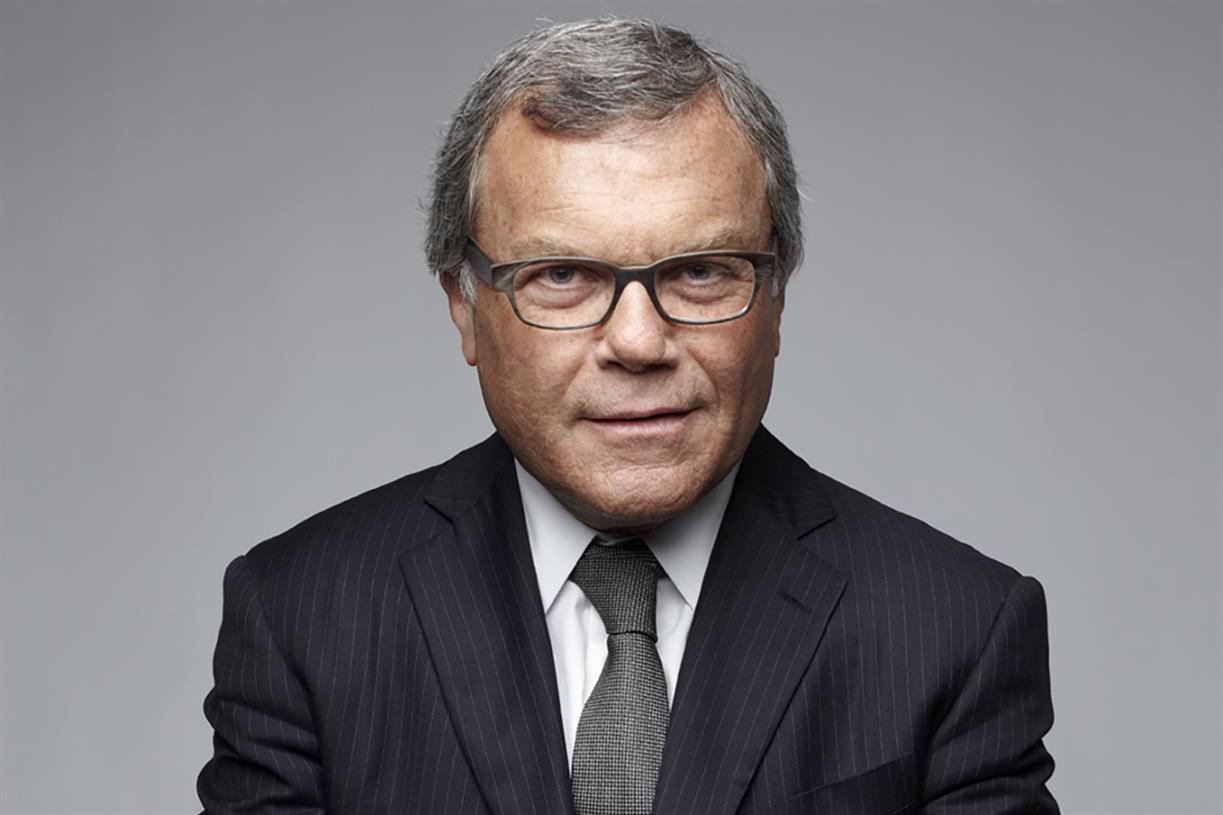US capital flight from China will take years to reverse: experts
Washington’s policies to curb US investment in China has impacted assets under management in several large funds, and a shift in flows could take years, despite the upcoming US election.

Washington’s policies to curb US investment in China has impacted assets under management in several large funds, and a shift in flows could take years, despite the upcoming US election.

May 07, 2024
Sino-US tensions are driving US funds out of China and it will take years to reverse the situation, a senior wealth manager is predicting. The flight of US money out of China is likely to accelerate, because analysts see a high likelihood of more actions by Washington to discourage US investment in China, whether Joseph Biden or Donald Trump wins the US election in November.
Actions by Trump when he was US president and also Biden, have helped drive US funds out of China. On November 12, 2020, US president Donald Trump signed an executive order banning US citizens from trading securities of Chinese military companies. On June 3, 2021, Trump’s successor Biden signed an executive order which forbade US citizens from trading stocks of Chinese-listed firms which were blacklisted by the US government, starting on August 2, 2021.
These executive orders from the two successive US presidents have already had a significant impact on US fund flows to China, Tariq Dennison, a wealth manager of GFM Asset management, a US wealth management and investment advisory firm, told FinanceAsia.
“I was one of very many fund managers who were forced to sell shares in companies like China Mobile because of these executive orders, and one broker still blocks me from even trading the Hang Seng Index because of these orders,” Dennison revealed.
Dennison cited the second largest US-listed exchange traded fund (ETF), the iShares MSCI China ETF (MCHI), as an example of US capital flight from China. This ETF has seen its assets under management (AUM) plunge by 45.8% from April 1, 2023 to April 19, 2024, while its price has fallen by a lesser degree of 20.4$.
This is the biggest US-listed ETF run by BlackRock, the world’s largest asset manager, Dennison pointed out. “You can see how much more the AUM has fallen than the price, indicating significant outflows from this fund. Chinese stocks and bonds haven't been a hot investment among Americans anyway given how much better US stocks and bonds have performed over the past 10 years, but this tells me we won't be seeing a reversal for at least the next four years.”
“I don't see these outflows or severely slowed inflows into China reversing in the next two years if Biden is re-elected, and not within the next four years if Trump is elected. The one thing both US parties can agree on right now is to be tough on China. While the optimist in me sees some chance of US-China relations warming after two to four years, this is an optimistic, not a base case, scenario,” Dennison added.
The amount of US money into China has drastically decreased as investors respond to the geopolitical environment, Alistair Burlinson, an analyst at Enodo Economics, a UK macroeconomic, political and geopolitical forecasting company focusing on China, told FA. Between 2017 and 2021, foreign ownership of Chinese government bonds tripled, but since 2022, foreign ownership has overall decreased from 2.453% ownership to 2.335%, Burlinson pointed out.
“There is simply limited US appetite for increased investment in Chinese stocks and bonds in the present political context and the appetite that does exist will likely decrease with the present wave of political pressure in Washington,” said Burlinson.
More actions by the US government curtailing US investment are possible, after recent findings of the House Select Committee on the Chinese Communist Party (CCP). On April 18 the committee announced that its investigation found that index providers and asset managers facilitated investment of more than $6.5 billion to 63 Chinese companies that the US government has red-flagged or blacklisted for advancing Chinese military capabilities or supporting alleged human rights abuses. The committee investigated two companies—the world’s foremost index provider, MSCI, and BlackRock.
“BlackRock and MSCI are not alone—a cross-industry review revealed that other major index providers and asset managers funnel billions of dollars to the same red-flagged entities,” said the committee.
The committee urged US Congress to pass legislation to restrict investment in Chinese companies blacklisted by the US government.
“We are pleased that the Committee acknowledges that MSCI indexes comply with US laws and regulations,” an MSCI spokeswoman told FA.
“An index is simply a mathematical calculation of the performance of the market. An index does not, and cannot, channel investments, and MSCI does not manage or recommend investments in any country or company,” said the MSCI spokeswoman.
“If Congress or other government bodies expand restrictions on investment in China as recommended by the Committee, MSCI will assess applicable changes to our indexes in accordance with our methodologies,” she added.
A BlackRock spokesperson told FA, “The committee and its report confirm BlackRock complies with applicable US laws, this matter affects the entire asset management industry, and that Congress and the Administration must work together to create clear rules of the road for US investors.”
US politics and Sino-US geopolitics
The chance of the committee’s recommendations translating into concrete measures is reasonably high, though the exact timeframe is difficult to predict, said Burlinson. “Members of the committee have already spearheaded legislation intended to reduce interactions between the US economy, capital flows and Chinese military modernisation.”
“It is therefore perfectly conceivable that further legislation will also be introduced to prevent flows of US capital into said companies, as the US government seeks to choke off all routes for US capital to end up supporting China’s military development,” Burlinson predicted.
With both leading US presidential candidates under significant pressure to take a harder line on China than the other, whoever wins will be incentivised to introduce legislation that proves they are taking China seriously, Burlinson explained. “Preventing flows of US capital into companies deemed to be contributing to military modernisation will be an obvious option.”
Jean-Marc Blanchard, executive director of the S.H. Wong Center for the Study of Multinational Corporations, told FA, “We will see serious and ultimately successful efforts to get bills out of committee that restrict, more broadly, foreign direct investment as well as portfolio investment in China.”
If Biden is re-elected, he likely will support such legislation, Blanchard predicted. “If Trump becomes president, it is not clear. On the one hand, he supports even tougher measures against China. On the other hand, he has a lot of financial industry friends and I suspect many of his cabinet members will be from the industry which will serve to limit the potential for major legislation passing or being vigorously enforced.”
If Trump is elected president, he is likely to legislate in the direction of restricting US funds going to China since he pushed strongly in favour of delisting of Chinese companies on US stock exchanges during his earlier term as president, said Alicia Garcia-Herrero, Asia Pacific chief economist of Natixis.
One likely outcome would be increased flows of US funds into alternative markets in Asia besides China, said Burlinson. “We have already seen funds begin to flow into Japan, and substantial hype around the Japanese equity market in the early months of this year.”
The Nikkei 225 index has risen by 13% from the beginning of this year till April 25, while the Hang Seng Index has risen only 3%.
Limited impact?
The size of the Chinese economy is over $18 trillion and the total market capitalisation of its stock markets including Hong Kong as of the end of 2023 was $14 trillion, Blanchard said. “There would have to be a gigantic drop in stock and bond flows to impact the Chinese economy.”
Even if billions of dollars of US funds depart China, the direct impact on the Chinese economy will be small, “but indirect impact could be large as domestic investors also lose hope about a recovery and try to find the exit,” Garcia-Herrero said.
The role of foreign investors in China’s stock market is limited, with overall foreign participation below 3% and a lot of that mostly from Hong Kong, she added. “However, decisions taken by US institutional investors (being the largest asset managers globally) are crucial on the basis of their signalling effect.”
An ex-banker told FA that the exodus of US funds, assuming it continues, from China will badly impact the Chinese economy, as it suffers from misallocation of domestic capital and mispriced interest rates due to government-directed lending. China needs foreign capital to mitigate these negative effects, said the ex-banker who declined to be named. “The negative effect will be to stagnate its economic recovery.”
¬ Haymarket Media Limited. All rights reserved.
Markets Equity North Asia #us #china #capital flight #geopolitics #security #politics
 AbJimroe
AbJimroe 
































